This upcoming summer, Coe Hill, Ontario will see the opening of Borealis Adventure Camp—a beautiful lakefront property that’s set to offer a variety of programming and activities for campers aged 8–16.
Jory Elliott, the founder and director of Borealis, is a Fleming College alumnus, mental health advocate, and is currently in his sixth year as the Goaltending Development Coordinator at the Waterloo Girls Minor Hockey Association. Having been a co-worker of his at another summer camp, I had the opportunity to visit the site in late October and learn more about his plans for the project. After our many conversations about his passion for Borealis, I figured it would be perfect to do a formal interview about his ideas for and motivations behind Borealis Adventure Camp, in order to share his story with more people.
AB: Campers will be able to choose from a large variety of waterfront, wilderness, base camp, and roots-based activities. Would you be able to share more about some of the programming that will be offered, and the benefits of each of the different programs?
JE: The programs were designed taking a little bit from traditional camp, so the idea of canoeing, wilderness discovery, those types of things; and the roots of camp and what camp stood for in the “good old days”—and still does—but in a way combining that with newer ideas about program, and things we’ve learned. So, slingshots, paddleboarding, that sort of stuff, more new age program options. I think that even the hammock hangout is something that’s more recent in our experience at camp. For me, the idea behind the program creation was giving people options that suited them best. So, if shooting a bow and arrow isn’t your thing, but you still want to go to the range, there’s slingshots, and those are a different functionality and there’s a different setup to it—it’s not about hitting a target, it’s about hitting a bunch of random things. Just different ideas, really. In getting out on the water, if you don’t want to sit, you can go out on a paddleboard and learn that skill. If you feel like you’re not in the mood to participate in anything at any given time, there’s a place where you can go and hang out and stare at the sky, listen to the birds, read a book, and do what you want. The program was based around what’s best for the kids, for sure, with some mix of traditional and new type stuff.
AB: That’s so cool. How many camper spots are available each week at Borealis, and what are the benefits to having a smaller capacity camp compared to many other camps in Ontario?
JE: Our maximum is 32 campers [per session], which keeps our staff team really small and, I believe, connected to our mission. The more people you have working for any organization, the further it gets detached from the core mission of what you do, and I’m excited about that. I think that having a small group of campers and a group of staff that are connected to the reason that we’re doing the thing will really lead to fantastic experiences for the campers. The idea that we’re thinking about the way we do staffing connects people deeper to the mission of camp too, so that collaborative type mindset when we go through our spring staff and pre-camp period leading into staff training and how people feel about the program that’s being delivered, that’s a big part of it too. The small camp thing, it’s wonderful, it’s gonna be a great experience I think, from my perspective and everyone else’s, as far as the connectedness that we all have to what we’re doing there.
AB: That’s awesome, and that’s a perfect segue—as for staff, what are the positions you’re hiring for and what are the requirements?
JE: We’ve got program facilitators, which is essentially a camp counsellor, traditionally. The reason we decided to call them program facilitators is because our entire program revolves around their ability to deliver program to the campers. And in thinking of setting people up for the future, coming out of camp, camp counselling, I wouldn’t say is looked upon, but people tend to judge it as being a job where you don’t do a lot of hard work, and there’s not a lot of thinking, and that it’s all fun all the time. So positioning it so that those staff, who are the core people who are connected to the campers the most, also take away a job role that is transferable to future opportunities for them. We’ve got a tripping director position and a waterfront director position that are essentially the core of our program delivery. The majority of our staff are going to be required to have their lifeguarding certifications, so Bronze Cross or National Lifeguard, because waterfront is such a huge part of camp, it’s important to have the flexibility to have different staff in different places in order to make sure that our waterfront is always available to campers, even when staff have days off. Being a small camp and small group of staff, one of the major criteria is going to be swimming qualifications. I think that there’s a desire to train good people, so if there’s great people who want to come work at camp, training them is something that I’m comfortable doing. Making sure that, number one, we’re getting people who love kids and want to be at camp, and number two, you can get trained to do a lot of stuff. Outside of program, there’s maintenance, Camp Medic, and our food service staff.
AB: What would you say is the most rewarding part of working as a camp staff member?
JE: This question is so tough. There are so many things! Your days are so full. The thing that I loved about being a camp counsellor was that you get so much out of such a small period of time. Those kids come to camp for a week, and it feels like you’ve been with them for a month, because you’re just doing so many things together, and there’s so much enjoyment. There are challenges that you face together, and there’s all of these things that contribute to the experience of connectedness to that whole time that you’re counselling. For a specific example, self-worth is a big one, you realize that you’re capable of things you maybe weren’t sure you were capable of before—whether it’s tough conversations or facilitating an activity that you never thought you could. And these relationships that you build with people. These bonds, as you know and anyone who has worked in camp knows, they just go deeper, they’re not surface level connections, and that’s because of the amount of time you spend together and the depth of the interactions you have with each other.
AB: You have quite a bit of past experience working in camping—is there a specific experience that influenced your decision to start your own summer camp?
JE: It’s funny because it was actually coaching hockey that led me to the ideas about what I wanted more of. These things were longer duration opportunities to interact with youth and establish relationships, and I wanted to remove the idea of competition in those interactions. In hockey, it’s always about improving at something and winning, and I really wanted to get into a situation where there was much less of that—not that we don’t encourage people to improve in the activities they choose, but it’s not about winning and losing. There’s no certificate at the end that says “Hey! I passed canoeing!”, like I don’t care as long as you’re enjoying it, that’s the most important part. So it was really born out of thinking about what I wanted more of. As a kid, I loved going out and adventuring in nature and I sort of rediscovered that as an adult, and wanted to combine those two things—which is where the “idea” of going to camp came from. I guess a little bit of my experience as a camp counsellor influenced that; that’s life, everything you’ve done is in there rolling around in the brain and inserts itself where it needs to in your thinking. But the depths of the relationships that I have still from camp, my best friends in life are all from my time as a camp counsellor, have definitely influenced my understanding of the relationships that could be formed for people at camp, and the meaning that those experiences have for the kids who come to camp. So, it wasn’t necessarily camp that inspired me to start my own camp, it was an idea about what camp gives people.
AB: That is awesome, I love that.
JE: Yeah, I really do too.
AB: As a Fleming alumni, what did you learn during your time in Peterborough that you hope to include in the mentality and summer camp culture at Borealis?
JE: This is the toughest question, because it was so long ago. Again, when I think of my experience at Fleming—it was the connectedness. The reason I chose Fleming was because of the size of it and the feel of it, it felt like a big high school. I loved the idea of seeing people regularly that I knew when I was wandering through school, and being able to connect in that way. I guess that would be the thing that I want to bring to camp, that feeling of comfort and connectedness and collaboration. Just the idea of being able to bump into people or have that connection to a place that makes you feel a certain way. That’s what I’m gonna bring to camp from my experience at Fleming.
AB: I like that, cause it’s like a mix of the small-sized camp and connecting it to a smaller-sized school, that’s really cool.
JE: I’ve got some obsession with small-sized ideas, I guess. *laughs* Clearly we’re defining a pattern here.
AB: *laughing* Alright, so with Borealis’ base camp being in such a beautiful location, how will programming and outdoor activities help campers connect with nature and learn to respect the environment?
JE: This a big part of what I spent a lot of time thinking about when I was considering how we would build camp. I know I’ve shared this with you, but everything that we’re building is a temporary structure—nothing is physically embedded into the ground. That’s a huge part of it, so we can pick essentially up and leave no footprint behind when we’re done, if we’re ever done, or if we move to another site. I think that is the biggest component, but there’s also the little ideas like integrating locally sourced food products into our menu so that we’re limiting the amount of carbon that’s emitted to get those items to camp, or rather than just sending [food waste] to the landfill, sending it to farmers who have a use for it for feeding it to their livestock. The products that we use for washing and cleaning are all plant-based, biodegradable products that don’t harm the environment. This was all core to the thought process of camp—it’s not an after-thought. It was something that I really wanted to do, to make sure that we’re inherently teaching respect for the environment, even though we may not speak about it a whole lot. It’s the idea that you’re experiencing all these amazing things with the understanding that we’re doing our best to not impact the environment negatively. We still need to have a shower, we need to eat, and we need to do all those things, but thinking about how we do those things is the core of what we’re going to do at camp to be respectful of the space that we have in nature.
AB: I really like that, like fostering love for the environment by being within it, and within such a beautiful place, while also still caring for it.
JE: Little things, right? It’s the idea of planting seeds—that’s what I really thought about when I was thinking about the design of camp. Without saying it and without making it in your face, like “hey, you need to be a good steward of the environment!”, you just do things that plant a seed. One of those is that a lot of people aren’t thinking of the cleaning products that they use from the perspective of how it impacts the environment, but asking parents to bring biodegradable shampoo or any other products they send with their kids to camp plants a seed, both in the parent’s and the kid’s mind. And that’s all it is. It’s not a big huge session that we have to do at camp, it’s just the idea of how we interact with the place that we’re going to.
AB: That is so, so cool. To finish up the interview, what are you the most excited about for the Summer of 2024?
JE: There are so many things! There are little moments, like getting an order of costumes in, and daydreaming about the skits that are going to happen because those costumes exist. Someone’s gonna go through the costume closet and right away it’s going to pop into their head when they see it. I think the first campfire is going to be a moment where I feel this incredible amount of gratitude for the thing that I’ve put all this energy into, and at that point it will be a lot of other people that have put a ton of energy into it too, so that’ll be a big moment. You know, things like the first tent going up next spring, when we start to build, the first food order, seeing the canoes show up, like everything! It’s all gonna be amazing! There’s just gonna be so much stuff that confirms all of the work that went into getting to that point. So, if I had to pick one, it would be really tough to do.
A very big thank you to Jory for taking the time to do this interview and answer my questions. Both camper enrolment and staff applications for Summer 2024 at Borealis Adventure Camp are now open.
This interview has been edited for clarity and concision.
For more information, visit https://www.campborealis.com.





.png)





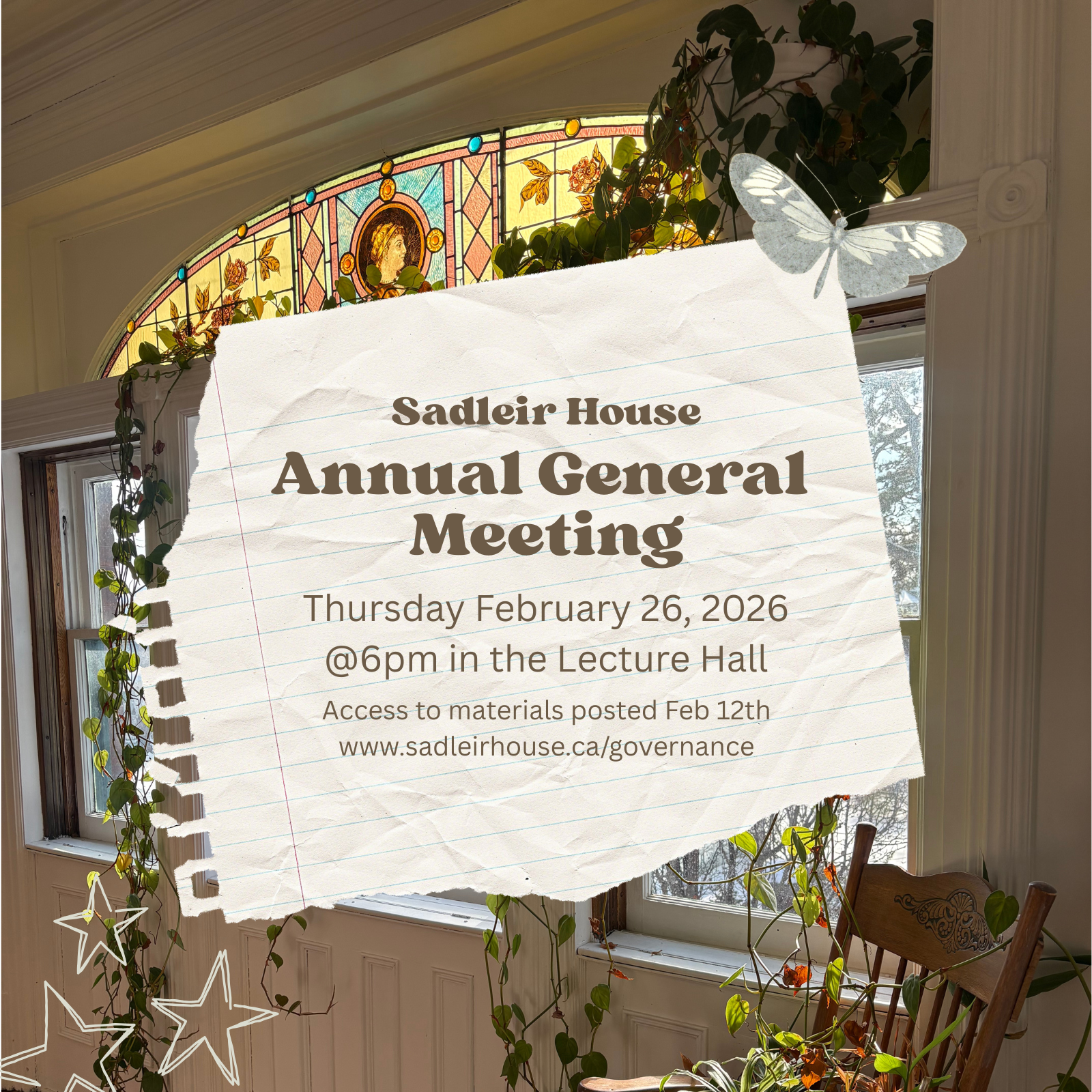

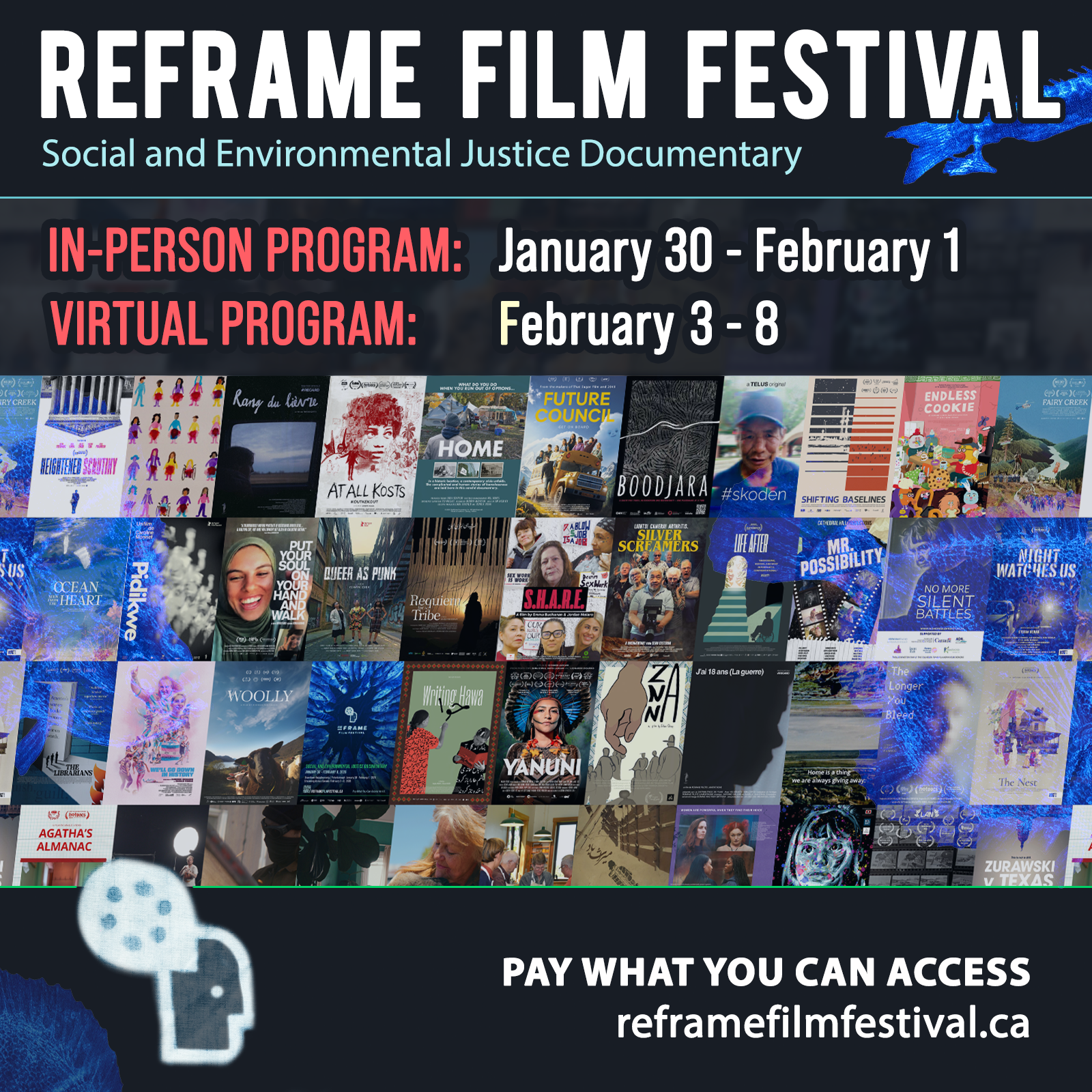




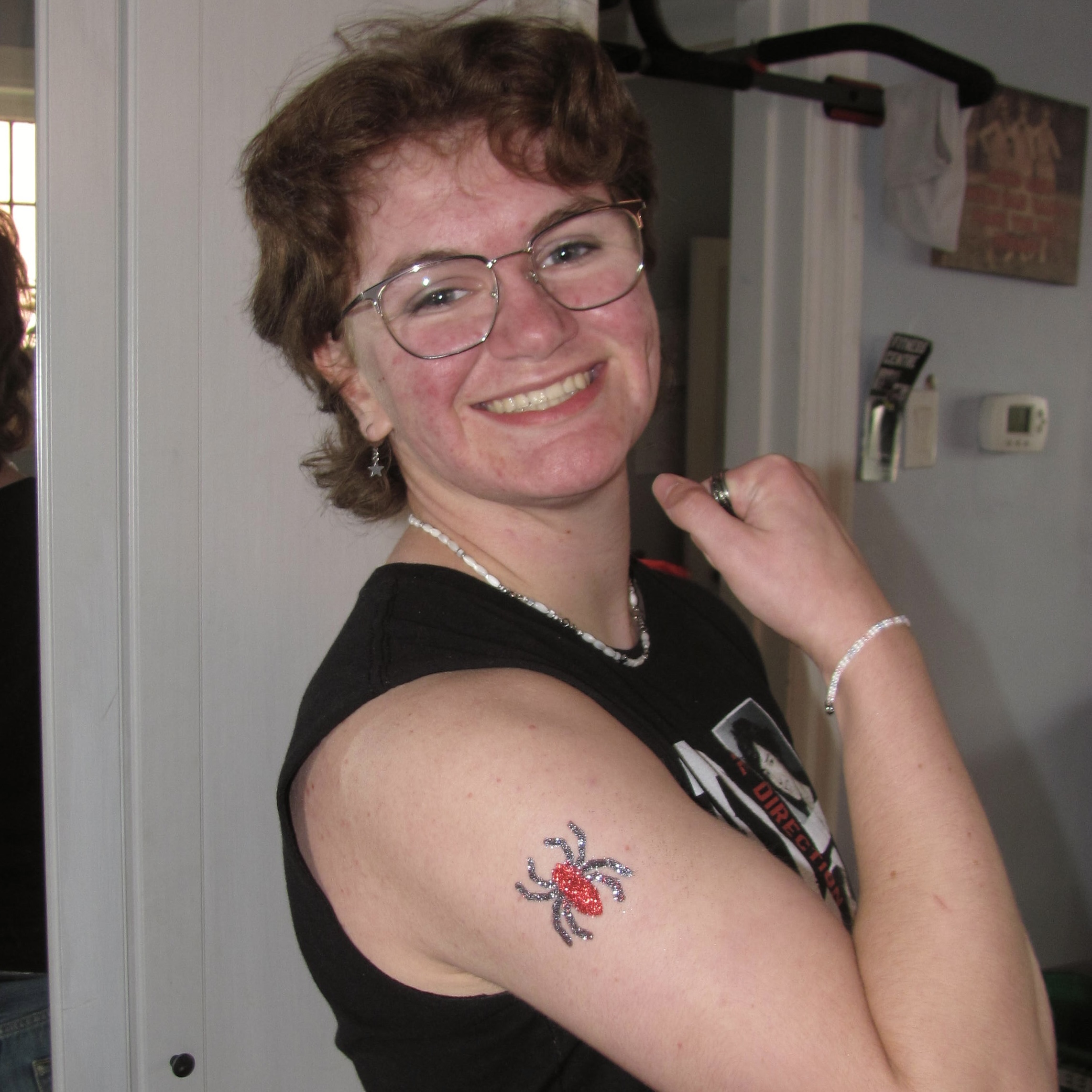
.jpg)
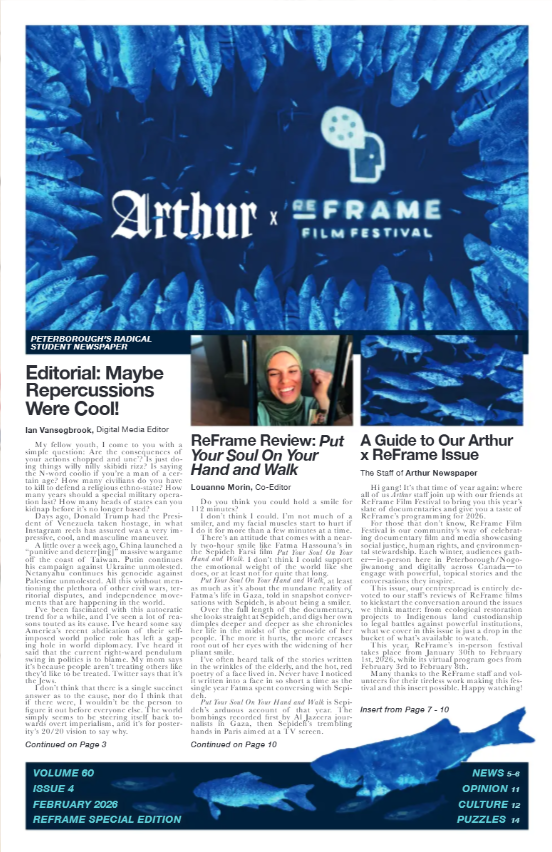
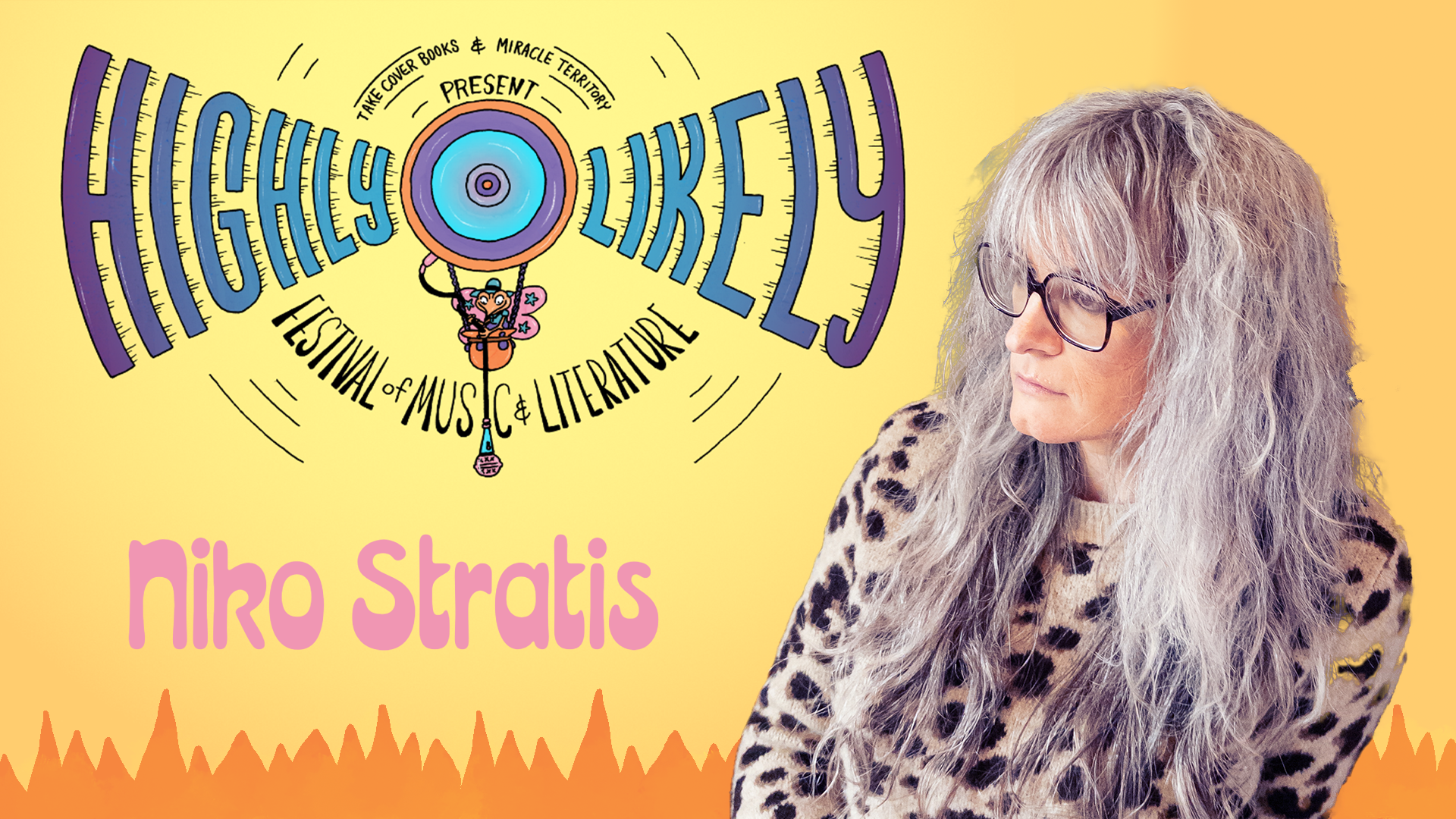

.jpg)

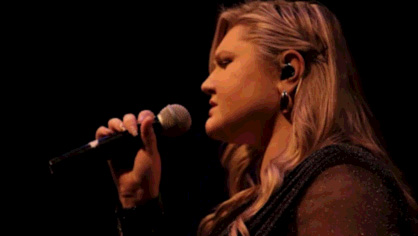
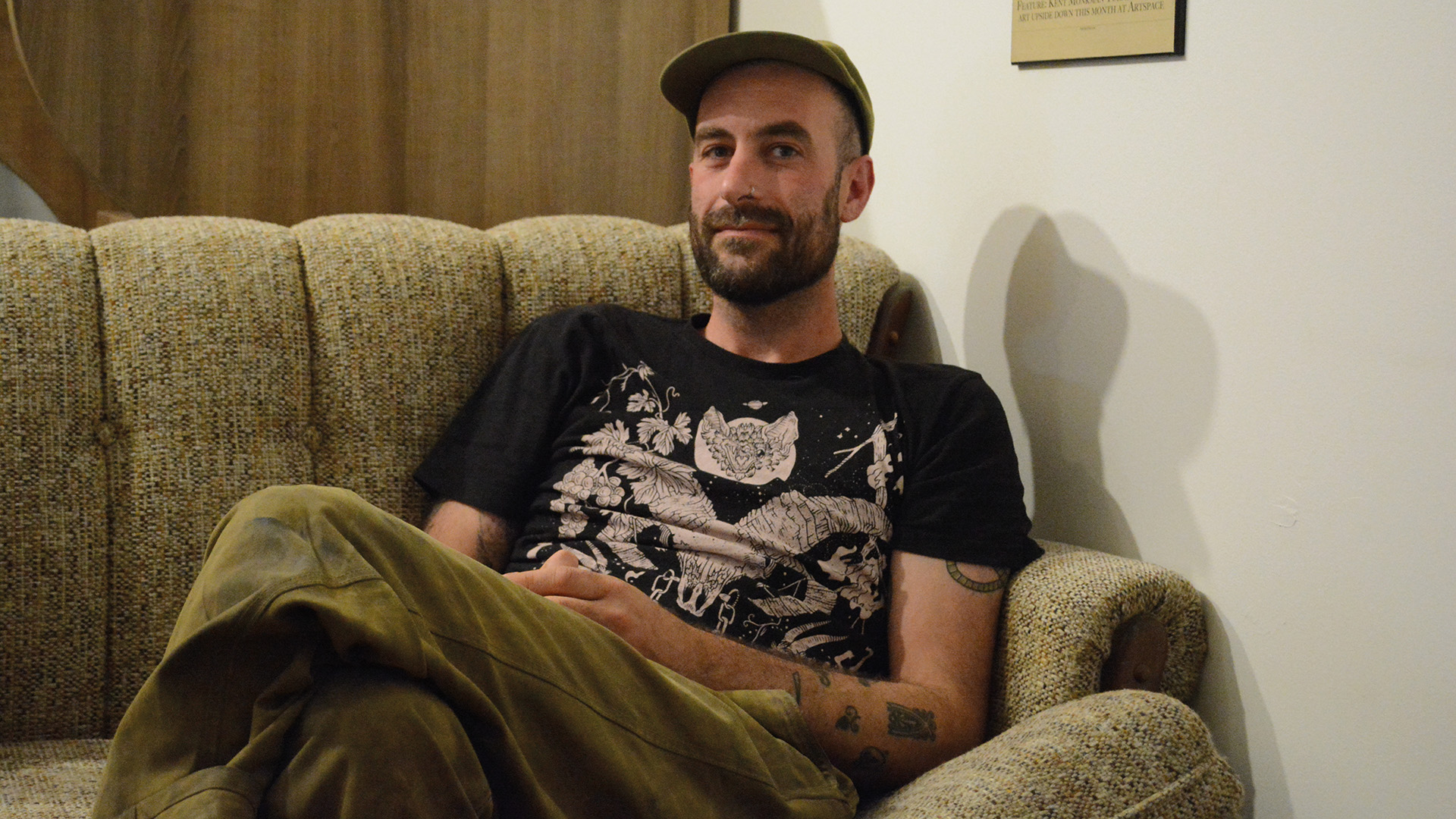
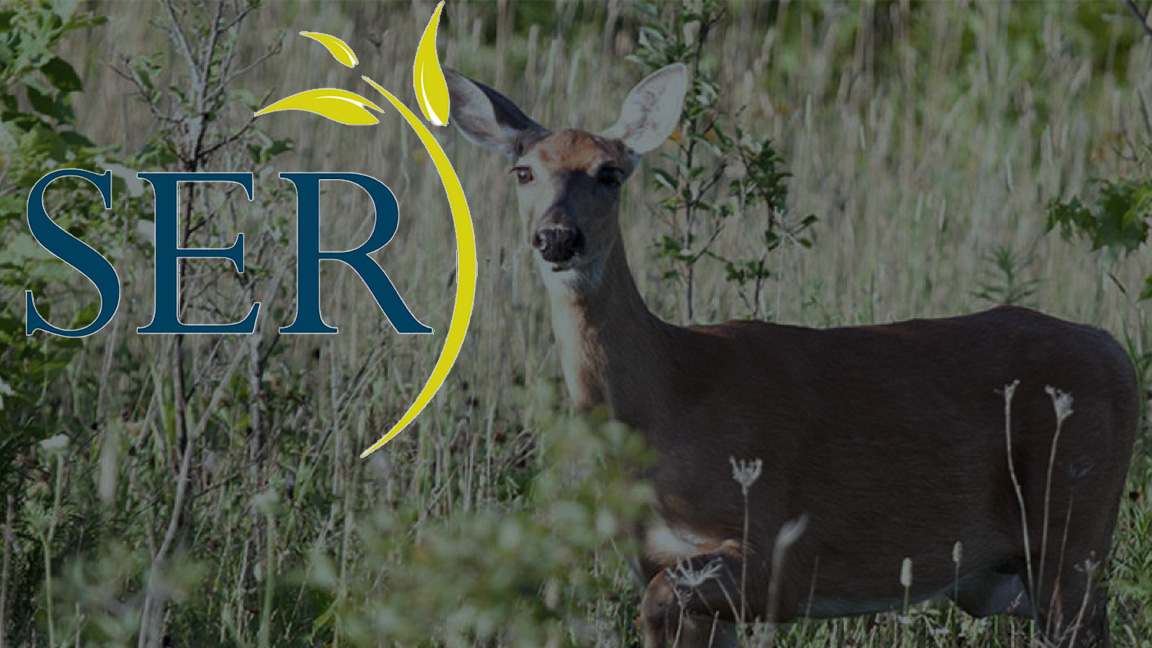
.jpg)
.jpg)

.png)